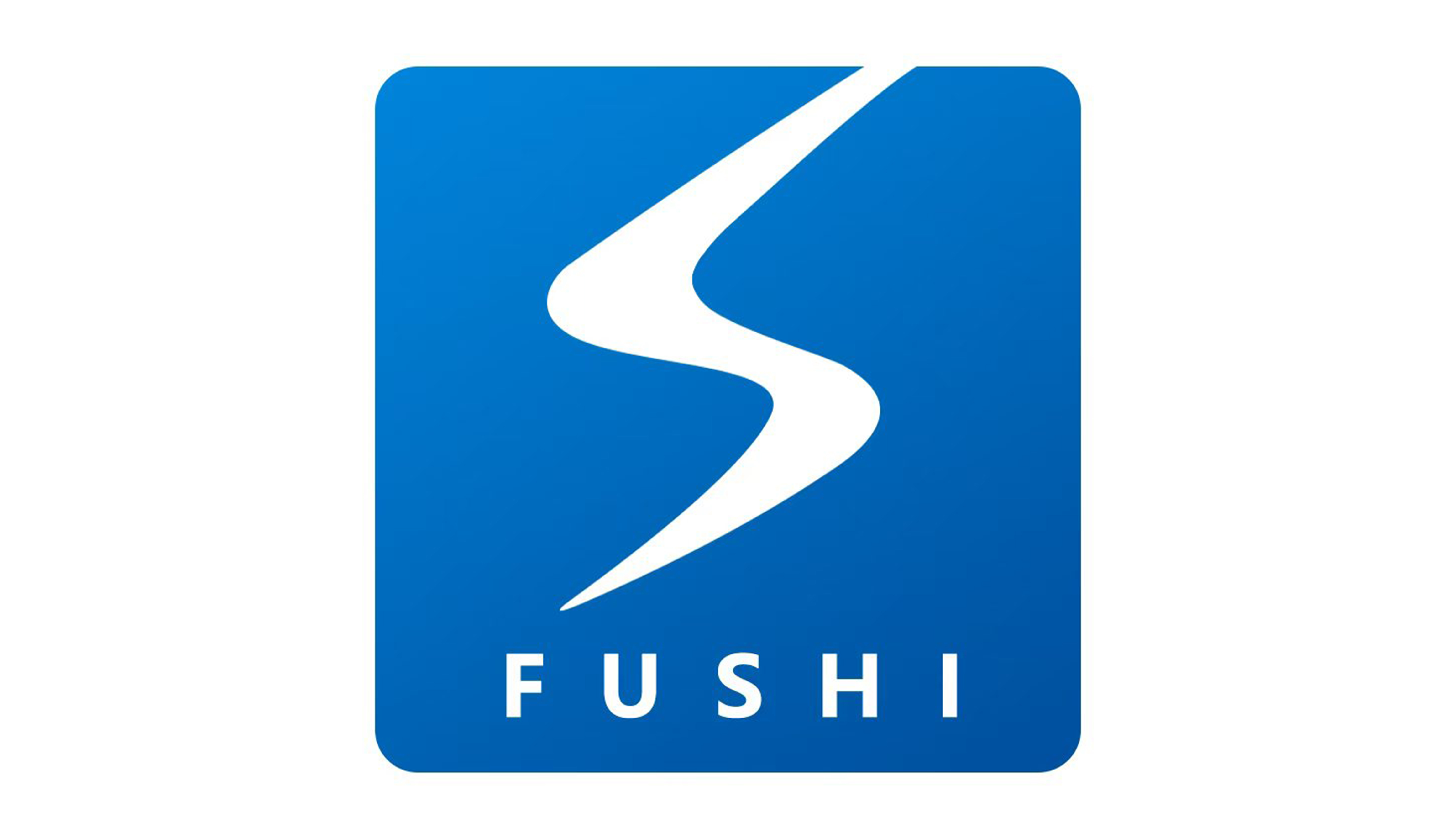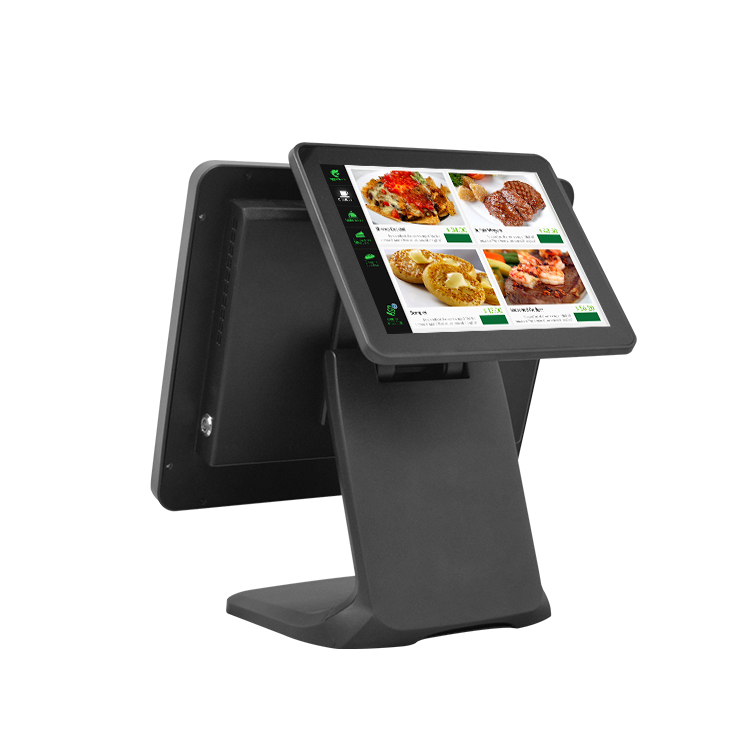Opening a store involves countless decisions, from selecting the right location to designing the layout. Among these critical choices, one fundamental aspect that often sparks debate is the choice of a cash register or point of sale (POS) system. While traditional cash registers have long been a staple in retail environments, the rise of advanced POS technologies raises the question: is a cash register still a must-have for opening a store? In this article, we explore the role of cash registers and modern alternatives like the all-in-one POS terminal, Square cash register, and other all-in-one POS systems in today’s retail landscape.
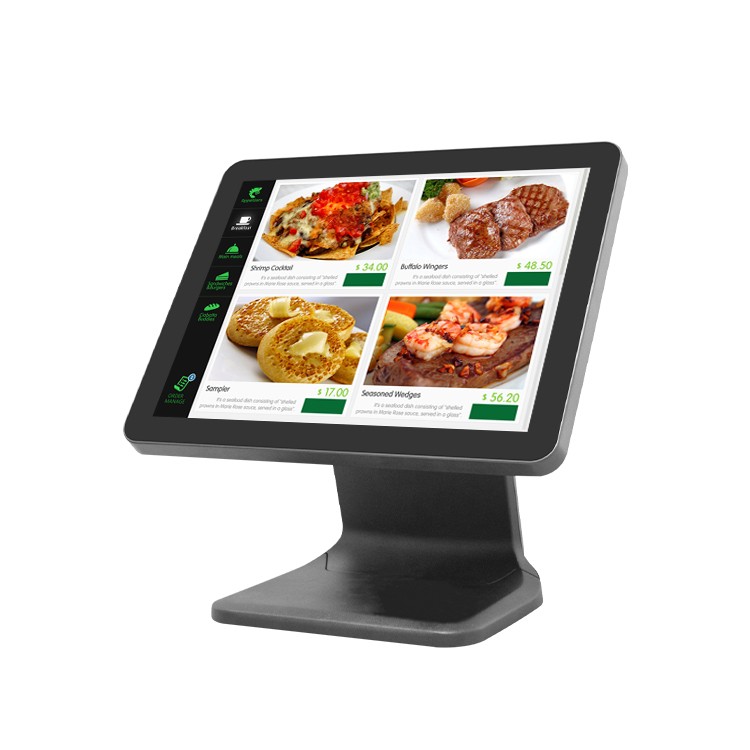
1. The Role of Traditional Cash Registers
Traditional cash registers have been a cornerstone of retail operations for decades. They offer a straightforward solution for handling transactions, recording sales, and managing cash. Many store owners appreciate their simplicity and reliability. However, traditional cash registers come with limitations, such as limited functionality, lack of integration with modern technology, and insufficient reporting capabilities.
For small, straightforward operations, a traditional cash register might still be suitable. It provides a basic means of processing sales and handling cash without the need for additional technology. However, as retail environments become more complex and technology-driven, the need for more advanced solutions becomes apparent.
2. The All-in-One POS System Revolution
The rise of the all-in-one POS system marks a significant shift in retail technology. Unlike traditional cash registers, an all-in-one POS system integrates multiple functions into a single device. These systems combine transaction processing, inventory management, sales reporting, and customer relationship management into one seamless solution. The convenience of having everything in one place can significantly streamline store operations and improve efficiency.
Advantages of All-in-One POS Systems:
Enhanced Functionality: All-in-one POS systems offer advanced features like real-time inventory tracking, sales analytics, and customer data management. This enables store owners to gain valuable insights into their business and make data-driven decisions.
Improved Efficiency: With integrated tools and streamlined processes, all-in-one POS systems can speed up transaction times and reduce human errors. This leads to a smoother checkout experience for customers and improved overall efficiency.
Seamless Integration: Modern POS systems often integrate with other business tools, such as accounting software and e-commerce platforms. This integration helps maintain consistency across different sales channels and simplifies data management.
Scalability: All-in-one POS systems are designed to grow with your business. Whether you’re expanding to multiple locations or adding new features, these systems can adapt to your changing needs.
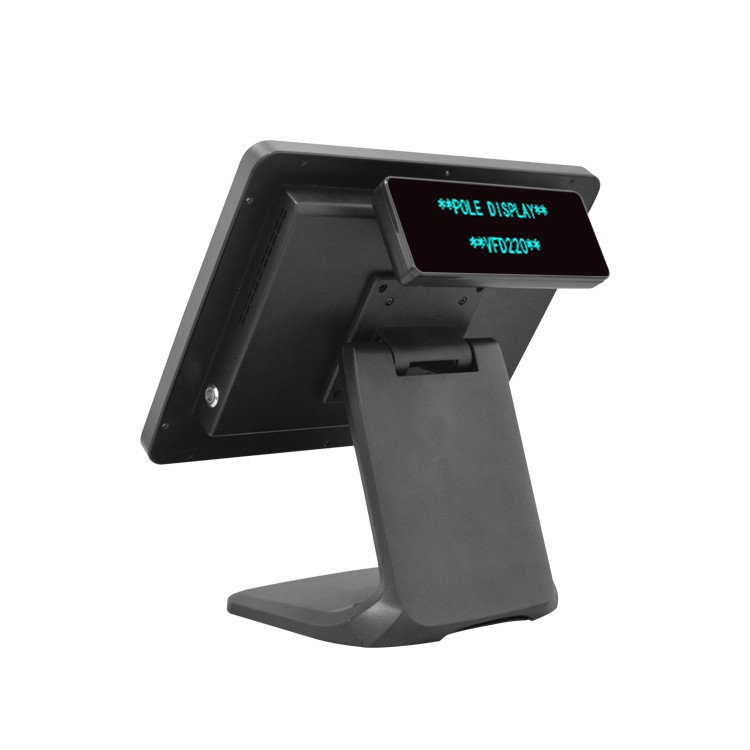
3. The Square Cash Register Advantage
Among the popular all-in-one POS options, the Square cash register stands out for its user-friendly interface and affordability. Square offers a range of solutions, including hardware and software, designed to cater to various business needs.
Benefits of the Square Cash Register:
Cost-Effective: Square’s pricing model is attractive to small business owners. The initial hardware costs are relatively low, and the software is offered with transparent transaction fees.
Ease of Use: Square’s intuitive design and straightforward setup process make it accessible for users with varying levels of technical expertise. Its cloud-based system allows for easy access to sales data from anywhere.
Flexible Payment Options: Square supports a variety of payment methods, including credit/debit cards, contactless payments, and digital wallets. This flexibility enhances the customer experience and caters to modern payment preferences.
4. Point of Sale Cash Registers: A Comparative Look
The term “point of sale cash register” encompasses both traditional and modern systems. While traditional registers handle basic transactions, modern point-of-sale cash registers often include advanced features similar to those found in all-in-one POS systems. These modern solutions integrate with digital payment methods, offer detailed sales reporting, and provide additional functionalities that traditional registers lack.
Key Differences:
Functionality: Modern POS cash registers offer more extensive features compared to traditional registers, including inventory management, customer analytics, and multi-channel integration.
Technology Integration: Traditional cash registers often operate in isolation, whereas modern POS systems integrate with various technologies, such as payment processors and business management tools.
Data Insights: Modern POS systems provide detailed reports and insights that help store owners track sales trends, manage inventory, and understand customer behavior, which is not typically available with traditional cash registers.
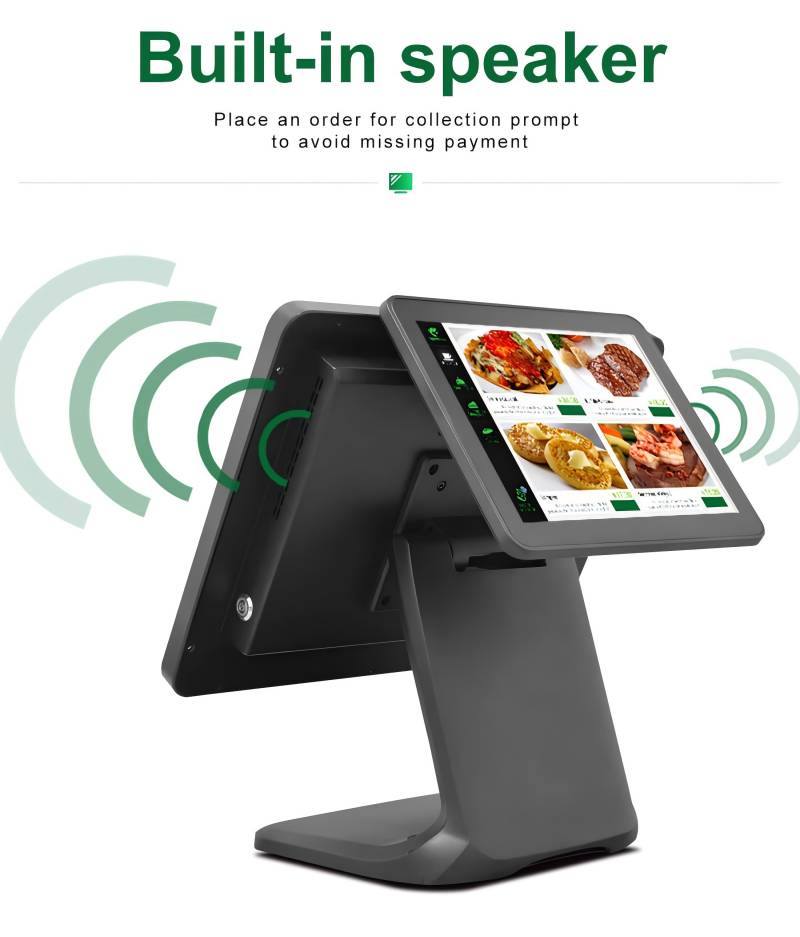
Conclusion:
As retail technology continues to evolve, the choice between a traditional cash register and an all-in-one POS system becomes increasingly significant. While traditional cash registers offer simplicity and reliability, the advanced features and integrated capabilities of modern POS systems, including options like the Square cash register and other all-in-one POS systems, provide a more comprehensive solution for today’s dynamic retail environment.
For new store openings, investing in an all-in-one POS system may offer significant advantages in terms of functionality, efficiency, and scalability. These systems can streamline operations, enhance customer experience, and provide valuable insights that drive business growth. Ultimately, the decision should be guided by your store’s specific needs, budget, and long-term goals.
all in one pos terminal square cash register all in one pos system point of sale cash register
